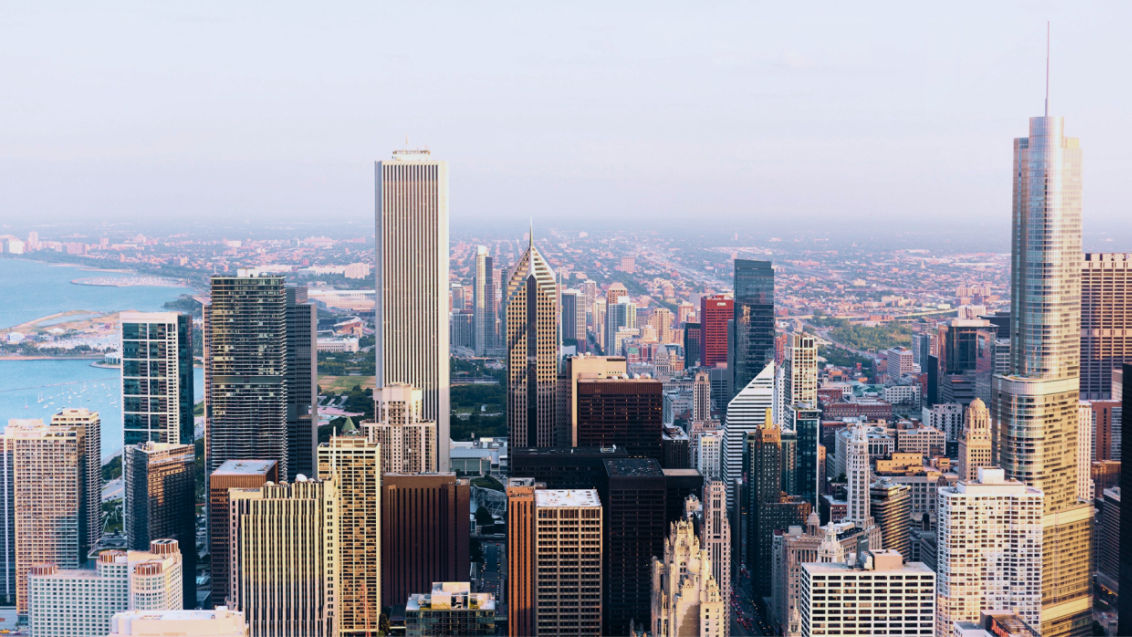

Patti Zullo, Senior Director, Smart Cities Solutions, Spectrum

Citizen Engagement never goes out of style.
Every city can be a smart city. All they need are a network, sensors and data analytics, but the question remains: what will they measure? It may be tempting to review lists such as this one to choose a smart project for your city. We challenge you though, to think about what your citizens truly need and begin your smart projects there. Imagining the “art of the possible” for your city, what we call using our imaginations to dream up solutions, will always be met with more citizen engagement than any project found online.
This said, there are many technologies specifically designed to help city leaders further their smart city strategy. These trending technologies will help cities collect data from a variety of different sources and then analyze, visualize and leverage that data to create greater efficiencies for its citizens, business owners, and tourists.
We’ve provided a subset of the top 5 trends we’re seeing in smart cities:
- Smart Traffic Management: Traffic isn’t just a frustrating inconvenience—it’s also incredibly costly—for cities and citizens alike. Smart traffic sensors placed in intersections can help reduce commute times while improving pedestrian safety. How? Well, smart traffic sensors use Internet of Things (IoT) technology to monitor intersections and provide real-time data. Analysts can apply that data in many different ways—from informing GPS navigation to the dynamic timing of streetlights that will optimize the traffic flow of vehicles.
- Connected Cars: Building on smart traffic management solutions, connected cars are also transforming how cities are helping to mitigate traffic while improving safety. Connected cars use technology that enables cars, buses, trucks, and emergency vehicles to not only communicate with each other in real-time, but also with city infrastructure like tollbooths or traffic lights, making dramatic changes to how city leaders can manage transportation.
- Curb Monitoring: The curb is home to parking, rideshare, scooters, bikes, and delivery services—making it in high-demand. City leaders can use IoT devices to collect data from the curb comings and goings to help improve the flow of traffic for a safer, more efficient use of curbs throughout the city.
- Smart Buildings: Governments are often the largest owners of nonresidential buildings in a city. To help maintain utility costs and ensure environmental sustainability, city leaders can use smart city technology such as sensors, data, and analytics. With IoT devices, facility operators can monitor everything from their power and water consumption to the condition of building assets in an effort to help reduce utility costs and proactively maintain their property.
- Public Safety: Unrelenting hurricanes, rapidly-spreading wildfires, swift flooding—with the rise in frequency and intensity of natural disasters, city leaders are looking to smart technology to radically rethink how they can keep their residents safe. IoT sensors connected to a reliable, high-speed fiber network can enable a real-time communications infrastructure to measure and report on potential natural disasters. This allows cities to quickly inform their citizens of a pending storm or provide safety instructions and information to protect their residents at a time when the speed of communication matters most.Smart cities are not about what’s happening today. It’s about leveraging what’s happening today to build a better, safer, and more efficient, tomorrow.
Tackle the trends
While there are many new and emerging smart city technologies, it’s important to remember that a smart city strategy should be based on your city’s unique challenges. There’s no need to tackle all the trends or even any of the trends if they don’t align to what’s needed in your city. By starting small and prioritizing one or two use cases driven by citizen need, city leaders can prove success and expand their use cases over time. As new technologies and new ways of using data continue to evolve, smart cities will keep taking strides forward.
Get Started with Spectrum Smart Cities
Looking to tackle some of these smart city technology trends? Contact us here.
Speak WITH a Spectrum Smart Cities Expert

